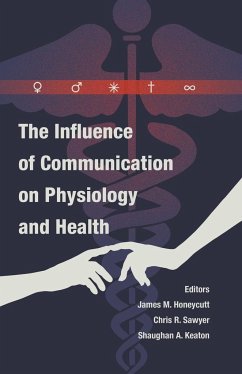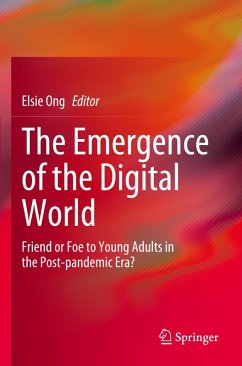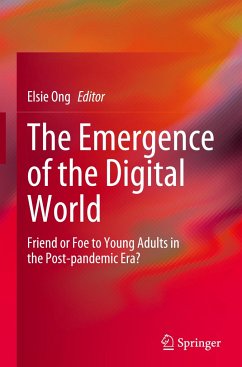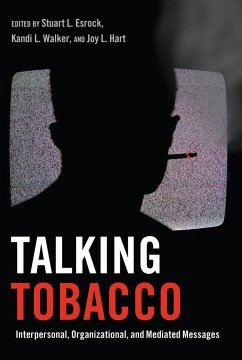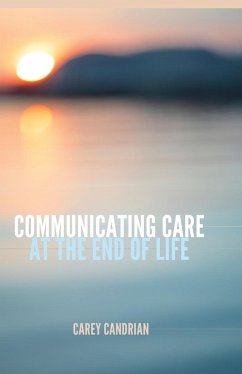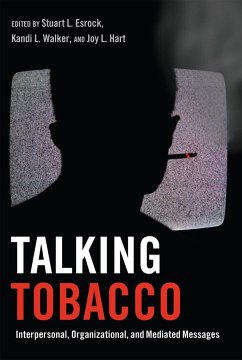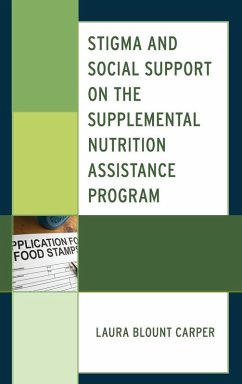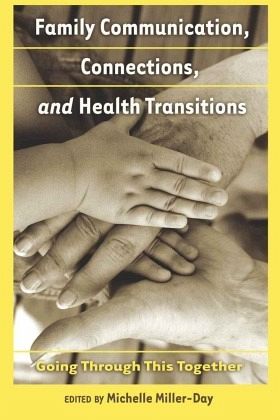
Family Communication, Connections, and Health Transitions
Going Through This Together
Herausgegeben: Miller-Day, Michelle

PAYBACK Punkte
0 °P sammeln!
When family members experience a diagnosis of a chronic disease (e.g., cancer) or a health crisis (e.g., postpartum depression), not only the diagnosed individuals but entire families experience immediate and long-term stress as a consequence. Families with members dealing with serious health conditions may be confronted with significant challenges posed by treatment regimes, impacts on day-to-day activities, disruption of family roles, the threat of possible death, and a host of psychosocial challenges. This book is about families facing these challenges, uncertain about what to do, how to he...
When family members experience a diagnosis of a chronic disease (e.g., cancer) or a health crisis (e.g., postpartum depression), not only the diagnosed individuals but entire families experience immediate and long-term stress as a consequence. Families with members dealing with serious health conditions may be confronted with significant challenges posed by treatment regimes, impacts on day-to-day activities, disruption of family roles, the threat of possible death, and a host of psychosocial challenges. This book is about families facing these challenges, uncertain about what to do, how to help, or how the condition will affect their daily life. Providing a coherent discussion of original research that examines communication patterns and processes involved in the day-to-day management of health conditions, this book lays bare the raw emotional experiences of families communicating with one another amid uncertainty and, for some, in the face of death.





